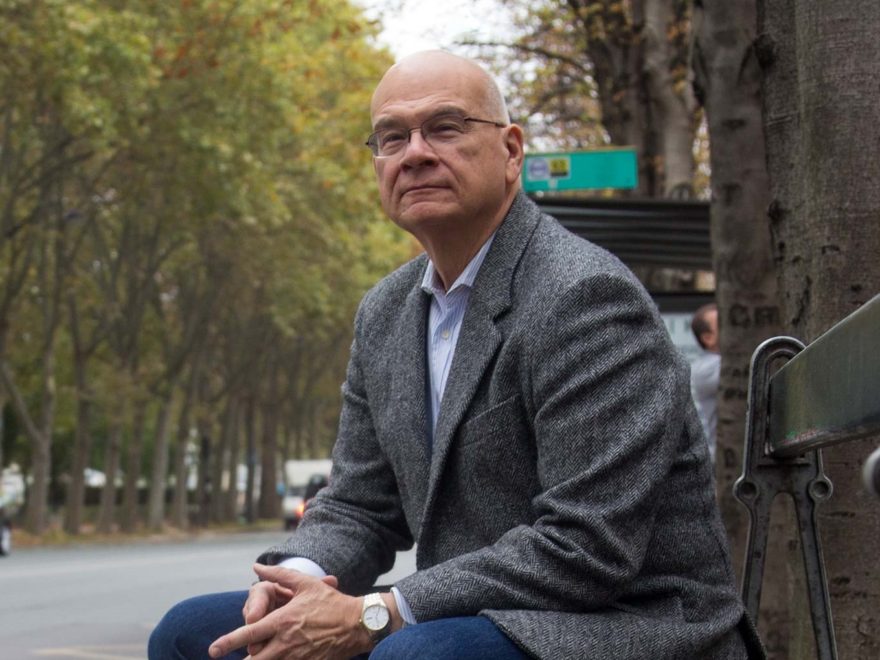Tag: apologetics
-

Preparing Students to Engage the World
One goal of a Christian education ought to be to prepare students to engage the world from a Christian perspective. That is, Christian educators should seek to prepare students to navigate life outside the school walls–the ideas, customs, practices, and expectations of the world around them–as followers of Jesus Christ. Each cultural time period generates…
-

Proclaiming the “True Myth”: Tim Keller’s Ministry and Classical Education
I was first exposed to the ministry of Dr. Timothy Keller in college while pursuing a degree in philosophy and reading through the western canon of Great Books. Immersed in the intersection of Christian discipleship and the life of the mind, I found in Keller a comforting voice that resonated with many of the questions…
-

Educating for Truth
I recently gave a short talk at my school’s curriculum night on the practical value of a classical education. In many ways, it was a recapitulation of the blog article I wrote a few weeks ago. I identified two popular ways of thinking about education today–both geared toward practical aims–and then argued that classical education…
-

Teaching Confident Faith in an Age of Religious Uncertainty
Christianity, as a global religion, is at a crossroads. On the one hand, it remains the largest religion in the world: 31% of the world’s population is Christian, and sociologists predict this percentage to increase to 32% by 2060. [1] On the other hand, the religion is experiencing notable decline in the West. In 2010,…
